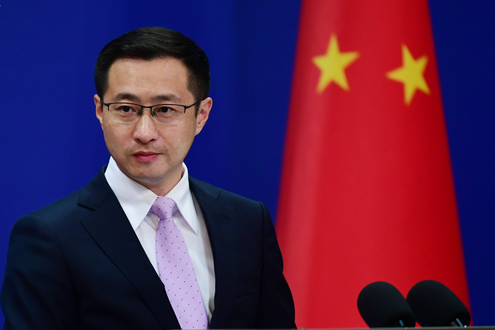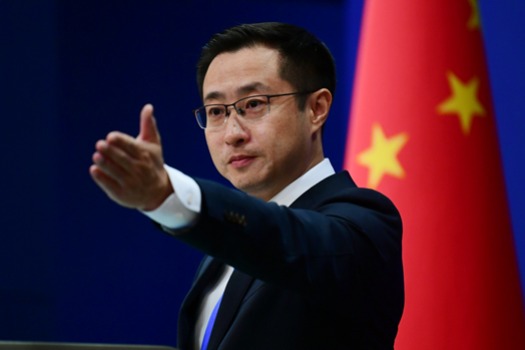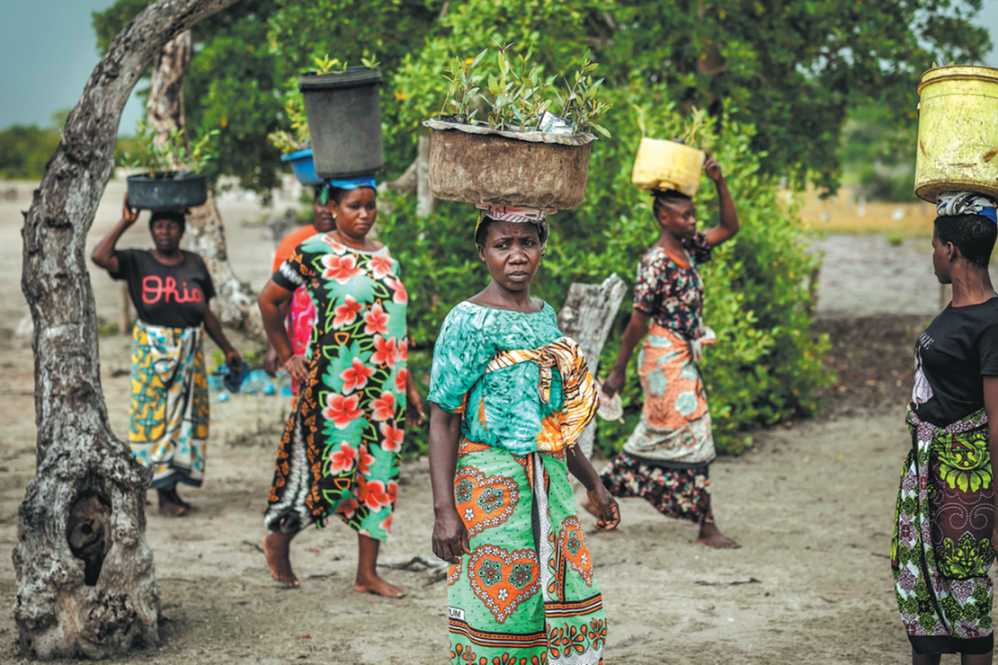Palestine protests hit race and contest

Protests in support of Palestine have impacted one of the world's most high-profile sporting events and also one of the biggest global musical spectacles as opposition to Israel's military activities in Gaza continues.
In Spain, despite the presence of hundreds of extra police in the capital Madrid, the final stage of the Vuelta a Espana cycling race was abandoned after protesters blocked the route in a number of places.
Spain has also become the latest country to threaten to boycott next year's Eurovision Song Contest, the world's largest annual live music event, which in 2025 drew a global viewing audience of 166 million, if Israel is included.
This year's Vuelta was targeted by protesters several times during its 21 stages because of the participation of the Israel-Premier Tech team.
Riders managed to complete less than half of Sunday's shortened stage before it was abandoned, and there was no podium presentation for the winners.
Denmark's Jonas Vingegaard, who led coming into the final day, was declared the winner, with Matthew Riccitello in fifth place being the highest-finishing Israel-Premier rider.
"It's a pity that such a moment of eternity was taken from us," said Vingegaard. "I was looking forward to celebrating this overall win with my team and the fans. Everyone has the right to protest, but not in a way that influences or endangers our race."
Spain has been a vocal critic of Israel's actions in Gaza, and before Sunday's protest, Prime Minister Pedro Sanchez spoke in support of "our admiration for the Spanish people who are mobilizing for just causes like Palestine".
This drew an angry response from Madrid's Mayor, Jose Luis Martinez-Almeida, who said Sanchez was "directly responsible" for violence, while Israel's Foreign Minister Gideon Saar called Sanchez a "disgrace", saying "the pro-Palestinian mob heard the messages of incitement — and ruined the cycling race La Vuelta".
The Eurovision Song Contest, whose 2026 final will be held in Vienna, Austria on May 16, is open to member nations of the European Broadcasting Union, or EBU, and has a huge global following.
Israel's 2024 entry had to have its lyrics changed on the grounds of political content because of a reference to the Hamas attacks of Oct 7, 2023 on Israel, which sparked the latest outbreak of hostilities in the region.
There was an attempt to storm the stage during Israel's 2025 final performance, and with the military actions in Gaza still on-going, there are calls for Israel to be barred in 2026.
"We have to ensure that Israel does not take part in the next edition of Eurovision," said Spain's Culture Minister Ernest Urtasun in a radio interview.
"Just as Ireland, Slovenia, Iceland and also the Netherlands have already done, if we do not succeed in expelling Israel, Spain should not participate."
The Times of Israel newspaper reported Israel had been advised by the EBU either to withdraw temporarily or perform under a neutral flag, but an EBU representative told The Hollywood Reporter website this was untrue. "The consultation with the wider EBU membership is ongoing and no decisions will be made until the process concludes," they added.

































